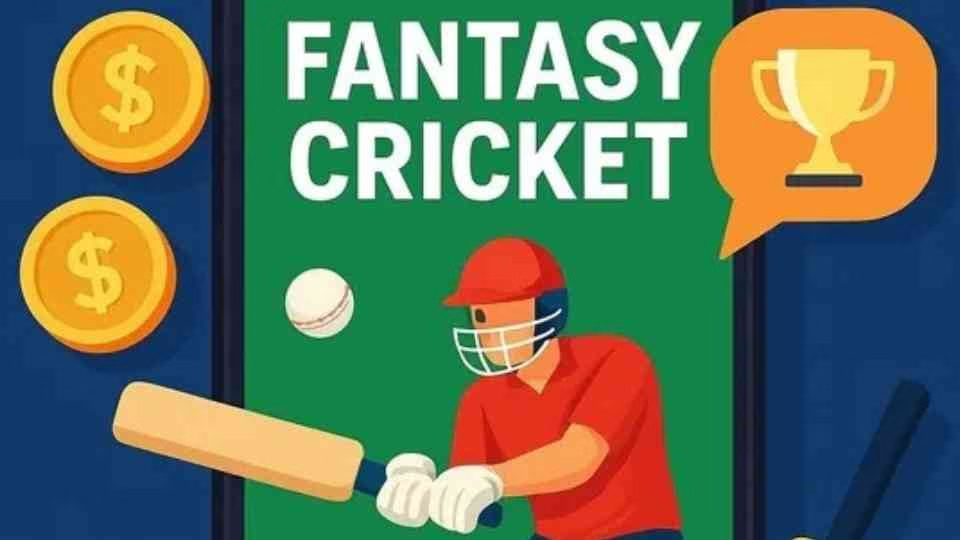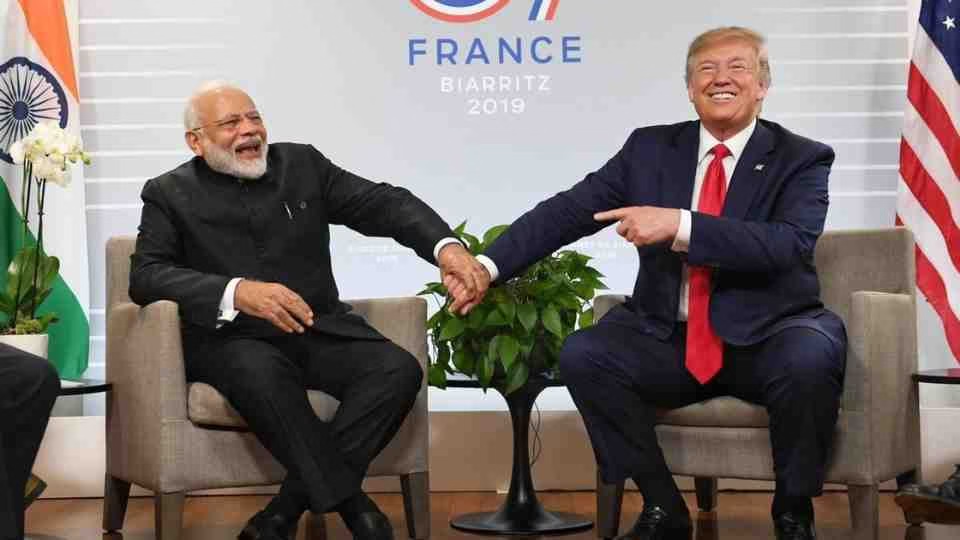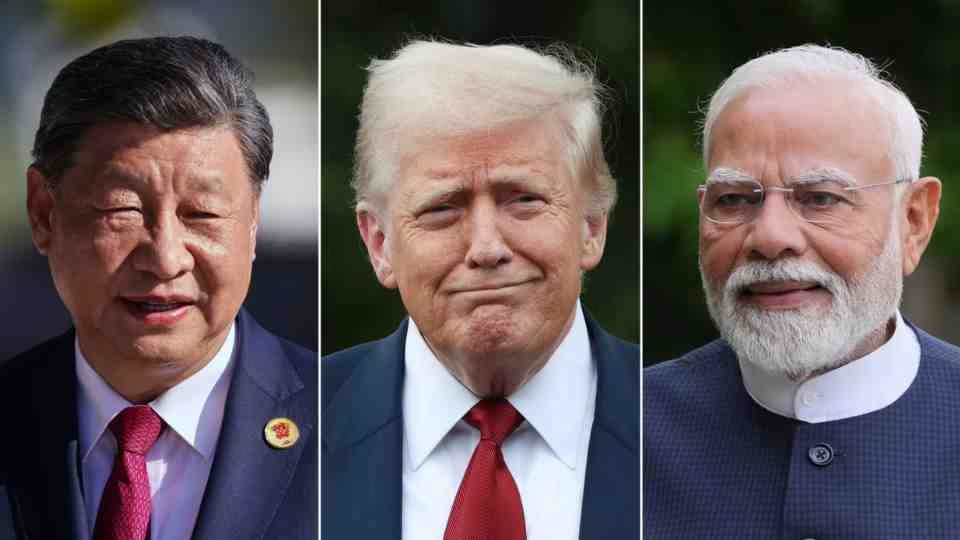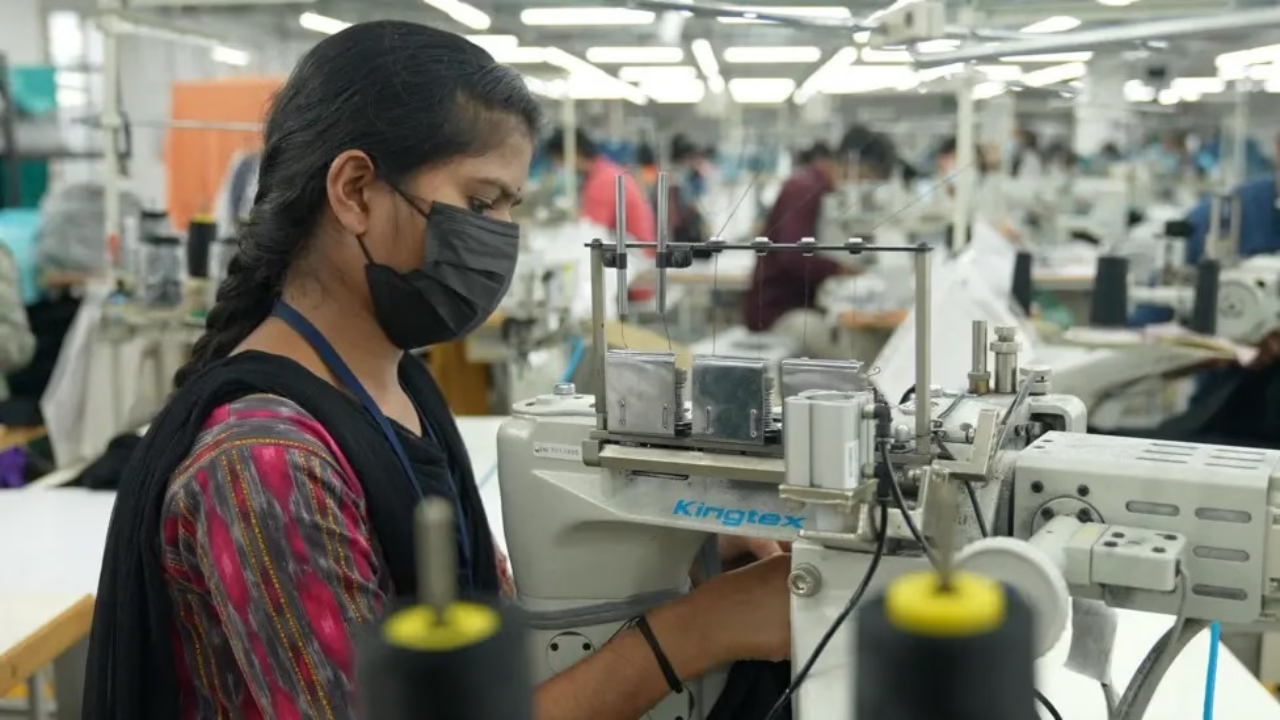The Indian Parliament has successfully passed comprehensive legislation regulating online gaming after the Rajya Sabha approved the Promotion and Regulation of Online Gaming Bill on Thursday through a voice vote, despite significant opposition protests disrupting proceedings.
Legislative Process and Approval
The Upper House witnessed considerable uproar as opposition members voiced strong objections to the bill. However, Deputy Chairman Harivansh proceeded with the voice vote and formally announced the legislation’s passage before adjourning the session for ten minutes. The Rajya Sabha rejected all amendments proposed by opposition lawmakers before clearing the bill.
This approval came one day after the Lok Sabha had already passed the same legislation, completing the parliamentary process required for the bill to become law.
Key Provisions and Restrictions
Electronics and Information Technology Minister Ashwini Vaishnaw, who championed the legislation, outlined its primary objectives: eliminating online money-based gaming while simultaneously fostering growth in eSports and social gaming platforms.
The new law establishes a comprehensive ban on online money games, specifically targeting activities where players deposit funds with expectations of monetary returns or other valuable rewards. Additionally, the legislation prohibits advertising for such games and prevents banks and financial institutions from processing transactions related to these activities.
Penalties and Enforcement
Under the new regulatory framework, individuals or organizations found offering or facilitating online money gaming face severe consequences, including imprisonment for up to three years and financial penalties reaching ₹1 crore.

Minister’s Rationale
During parliamentary debates, Vaishnaw emphasized the human cost of unregulated online gaming, stating that many individuals have lost their entire life savings through these platforms. He revealed that the government has spent over three years consulting with industry stakeholders to develop effective measures for preventing and reducing harmful impacts.
The minister also expressed the government’s vision to position India as a global gaming development hub, particularly through institutions like the Indian Institute of Creative Technologies (IICT), which has designated gaming as a priority sector.
Security Concerns Addressed
Vaishnaw highlighted additional security implications, noting that several gaming platforms have been exploited for illegal activities including money laundering, terrorism financing, and as communication channels for terrorist organizations.
Industry Impact
The new legislation is expected to significantly affect several prominent gaming platforms operating in India, including Dream11, Mobile Premier League (MPL), Howzat, SG11 Fantasy, WinZO, and PokerBaazi.
Government’s Broader Strategy
Speaking to ANI, Minister Vaishnaw clarified that the bill aims to “promote and encourage the good parts” of online gaming while eliminating harmful elements. The legislation represents part of a broader strategy to develop India’s gaming ecosystem in a regulated, secure environment that protects consumers while fostering innovation in legitimate gaming sectors.






